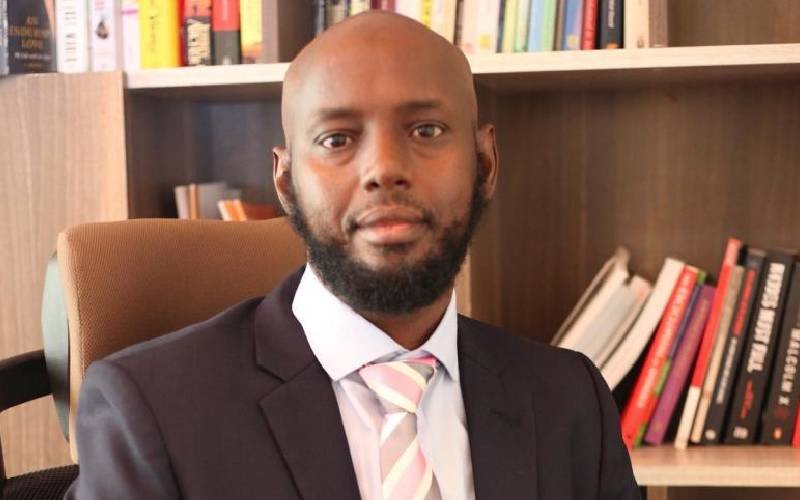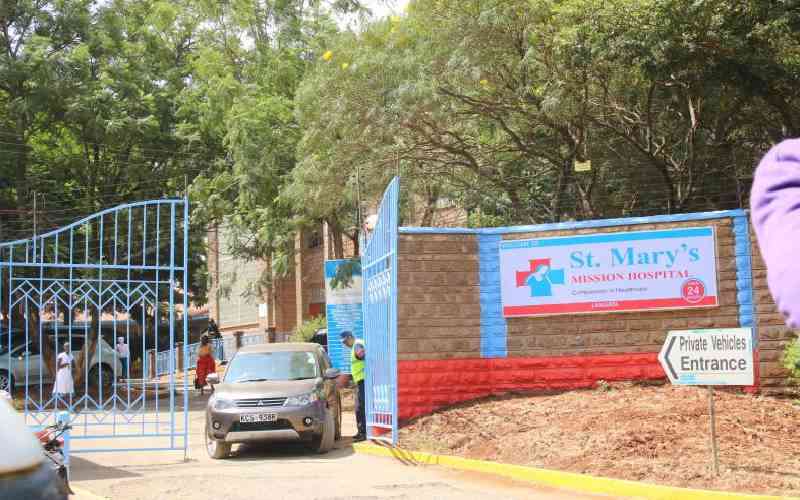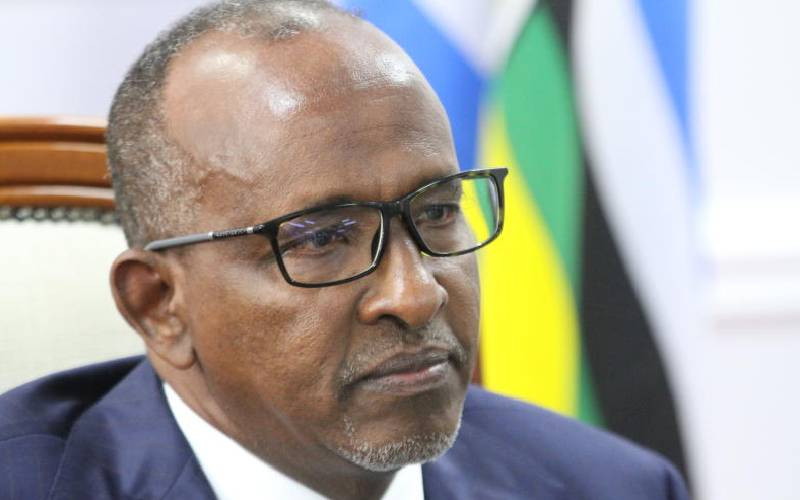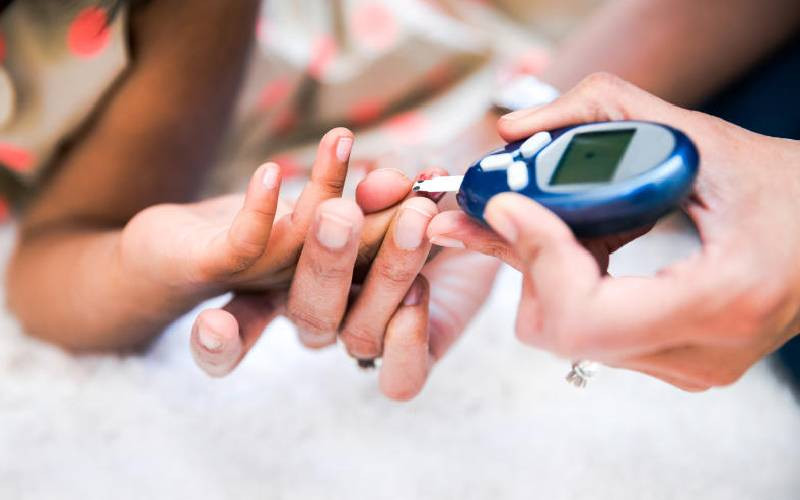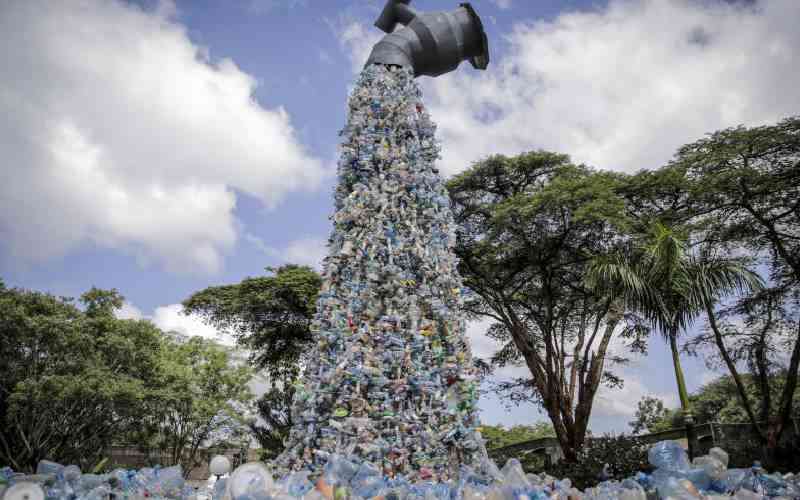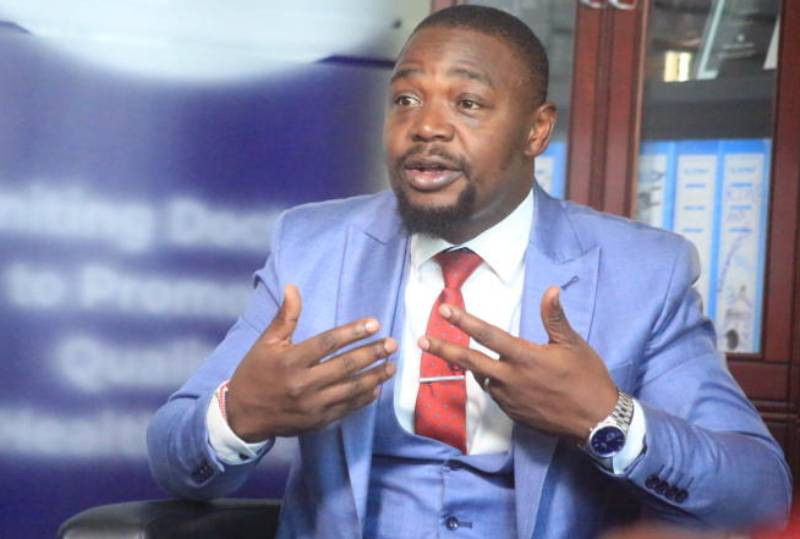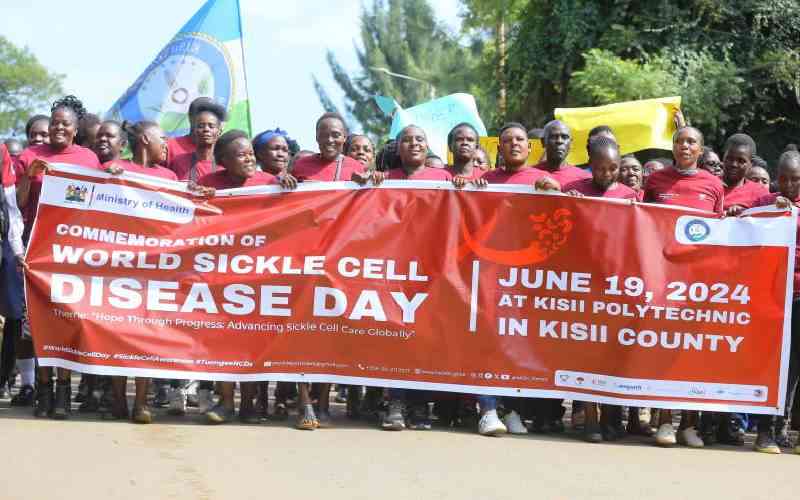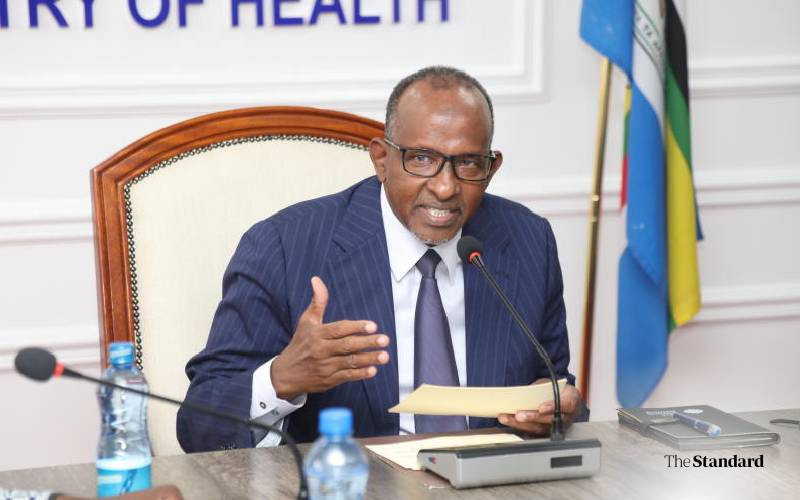
The Rural and Urban Private Hospitals Association of Kenya (RUPHA) has faulted the Ministry of Health for the closure of 983 health facilities and downgrading of 487 others, warning that the move is severely affecting Kenyans’ access to healthcare.
The facilities were shut down or downgraded for non-compliance with standards and inadequate bed capacity, according to the ministry.
Speaking during a meeting with the National Assembly Committee on Health, the Council of Governors Chair, and Health Cabinet Secretary (CS) Aden Duale, RUPHA Chair Dr Brian Lishenga said the closures were unprocedural and carried out without fair administrative action.
“It is scary for the health minister to say they would rather remain with 100 facilities when we have issues of accessing medical facilities. What happens to pregnant mothers who depend on such facilities?” said Dr. Lishenga.
He argued that private hospitals should be given time to upgrade their bed capacities rather than being shut down abruptly.
Dr.Lishenga also raised concern over digital tampering of hospital data, claiming that bed capacity information for some private hospitals had been deleted from the Social Health Authority (SHA) portal, leading to erroneous classification of facilities as having zero beds.
“Our concern is the administrative action being taken against private hospitals is unprocedural. The number of beds in private hospitals is deleted digitally, and when one checks on the SHA portal, it reflects that the hospital has zero beds,” he said.
- Ministry, governors clash over ghost workers in health payroll
- Diabetes, hypertension silent killers in rural areas - medics
- High Court halts health ministry's nicotine ban directive
- Busia, Mombasa, Nakuru lead as Mpox cases hit 137
Keep Reading
The RUPHA chair further alleged corruption within SHA, stating that private hospitals are being asked to pay bribes to have their funds released.
“Private hospitals are being asked for money to have their monies released to them,” said Dr. Lishenga.
He urged the Ministry of Health to let the Kenya Health Professional Oversight Authority (KHPOA) oversee hospital ratings to ensure a fair and transparent process.
In response, Health CS Aden Duale defended the crackdown, saying it is part of the ministry’s commitment to quality and patient dignity.
“SHA will only pay for the licensed bed capacity. The issue of claiming for those who are sleeping on the floor will not arise,” said Duale.
He said facilities are licensed based on their bed capacity, and only those reflected on the updated SHA portal will be paid for.
“The bill of quality and safety safeguards the dignity of the patient. There is no more sleeping in a shared bed,” he said.
Duale disclosed that the Ministry, in collaboration with SHA, KMPDC, and the Digital Health Agency (DHA), has already closed 983 non-compliant health facilities and downgraded 487 others as part of efforts to eradicate quack practices.
“This is a critical step toward guaranteeing quality care and eradicating quack practices,” he added.
The CS emphasized that facilities, including private and faith-based, that do not meet minimum bed capacity requirements will face closure.
Council of Governors Chair Muthomi Njuki, however, expressed concern that many public hospitals have not updated their bed capacity records with the Kenya Medical Practitioners and Dentists Council (KMPDC).
He urged the Ministry to allow time for public facilities to comply and to release pending claims in the meantime to avoid compromising patient care.
“We are requesting the ministry to update the bed capacity, to give time, and pay the hospital claims. Should there be any fraud committed, the ministry shall recover the funds. Meantime, let our patients not suffer,” Njuki said.
 The Standard Group Plc is a multi-media organization with investments in media
platforms spanning newspaper print
operations, television, radio broadcasting, digital and online services. The
Standard Group is recognized as a
leading multi-media house in Kenya with a key influence in matters of national
and international interest.
The Standard Group Plc is a multi-media organization with investments in media
platforms spanning newspaper print
operations, television, radio broadcasting, digital and online services. The
Standard Group is recognized as a
leading multi-media house in Kenya with a key influence in matters of national
and international interest.

